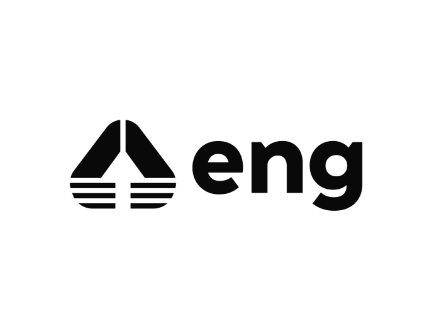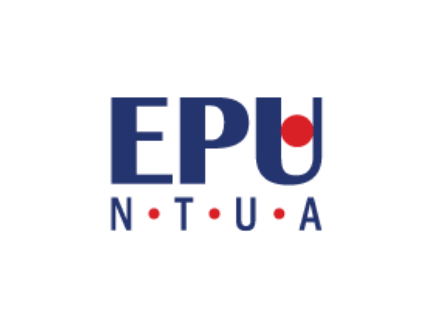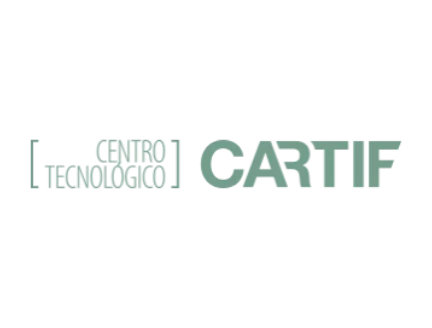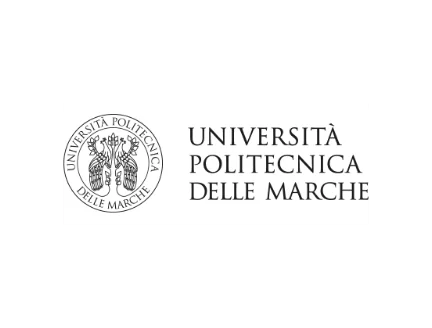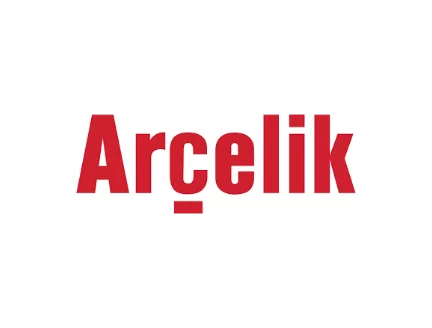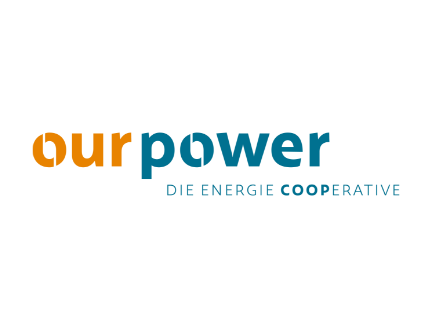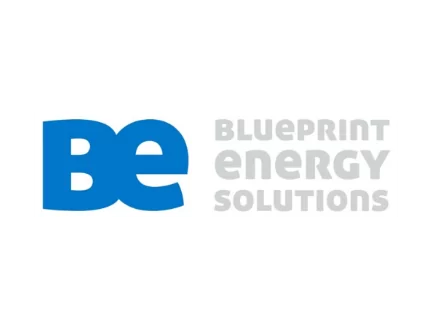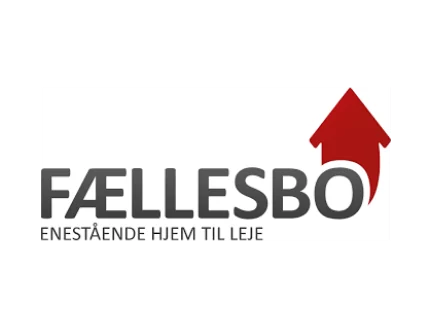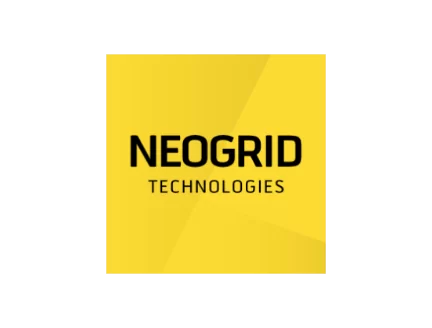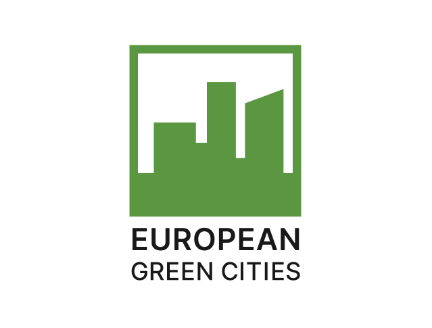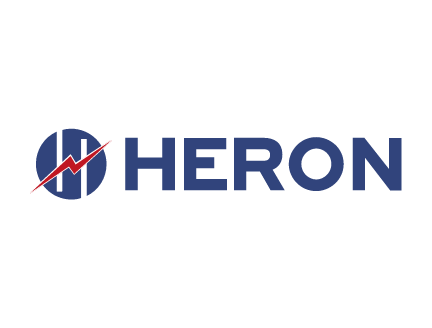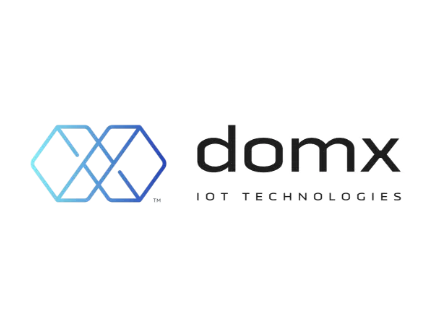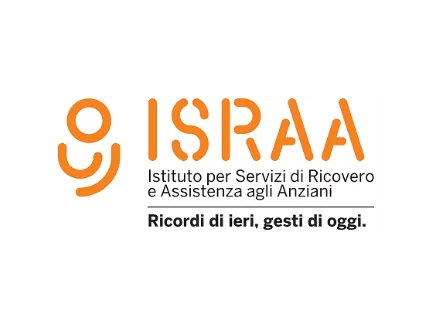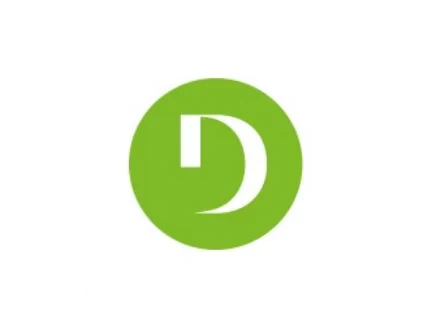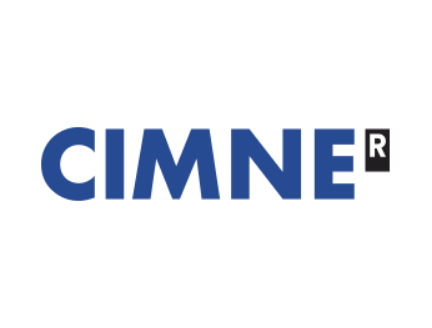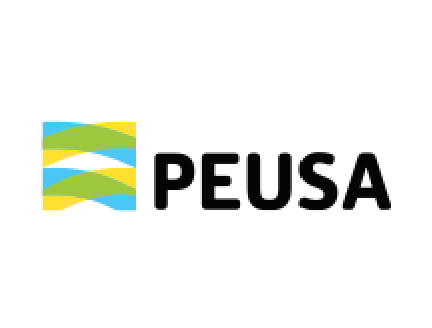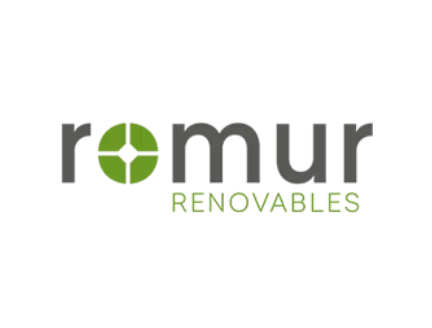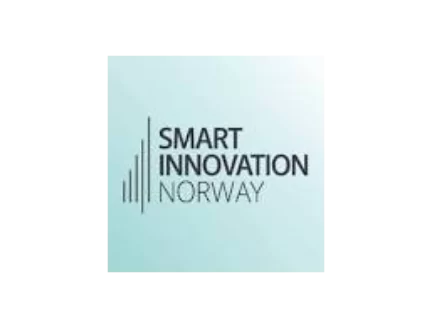What is
Dedalus?
Dedalus project aims to design, develop, and demonstrate SSH-Driven multi-value energy carrier-agnostic demand response ecosystem, tailored to optimize and manage automated demand response in residential buildings.
OVERVIEW
In the European Union, households represent 27,4% of the final energy consumption. The residential loads often contribute significantly to seasonal and daily peak demand. To support this variation, and avoid interruption in power supply, utility companies need to increase their energy generation.
Within this context, flexible consumption can play a pivotal role in the residential sector as it offers enormous energy demand flexibility, mainly due to the immense thermal energy storage and power management capabilities of the buildings. However, matching electricity supply and demand at all times is becoming increasingly challenging, highlighting the need for greater flexibility in the electricity system.
Residential demand response can reduce the need for fossil fuel power plants and facilitate the integration of renewable energy into the electric grid by providing increased stability and management.
The project integrates cutting-edge ICT technologies with social and behavioral dimensions, as well as with sharing economy and value-stacking governance and business models.

OBJECTIVES
DEDALUS’s vision is accomplished by realizing and fulfilling a set of high-level scientific, technical, and business objectives.
DEDALUS aims to reach technological, business and societal goals:
- Use social sciences and humanities-based tools and methodologies to design an innovative concept for participatory, multi-value, and energy carrier-agnostic residential demand response.
- Build on and improve current data-driven models, algorithms, and flexible assets. Adapt end-user multi-value energy consumption models, beyond consumption user profiling.
- Deliver new demand-response algorithms, models, and ICT-based services for residential buildings, covering different commodities, stakeholders and the whole value chain.
- Demonstrate, validate, and replicate DEDALUS solutions through pilots located in seven countries across Europe and operated by different stakeholders.
- Explore and validate new business models for the sharing economy and social innovation. These will combine the cost socialization of demand-response infrastructure and the cost reduction of unit demand response among many B2B and B2C stakeholders.
- Expand on energy research based on social science and humanities to foster greater knowledge sharing with communities, stakeholders, and other EU-funded projects.





